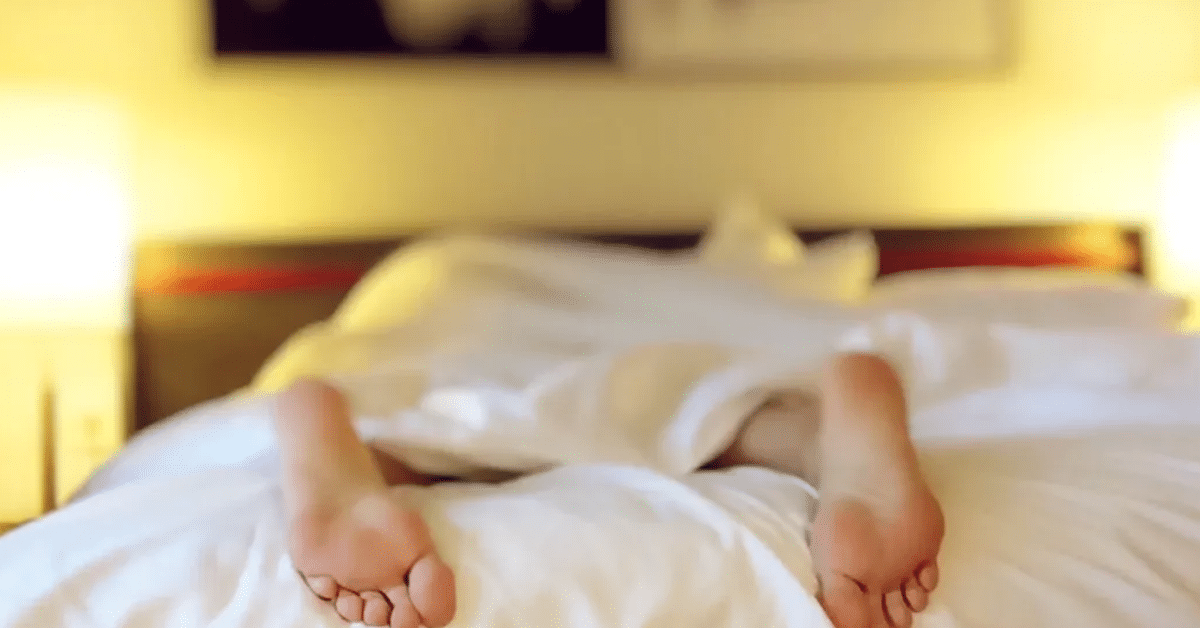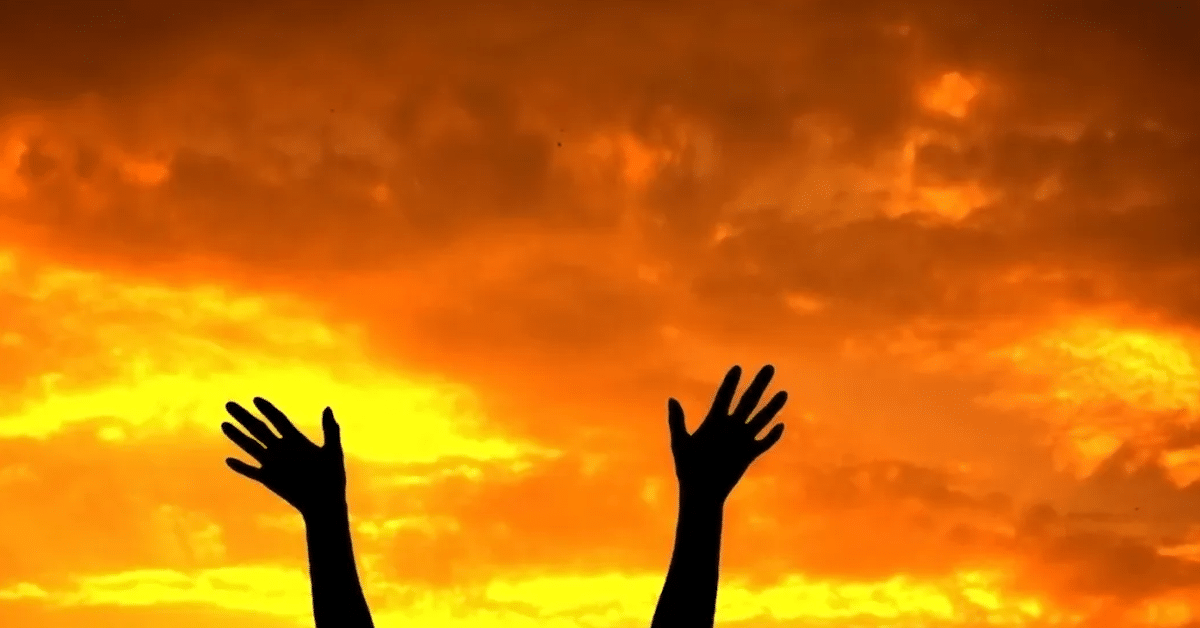What is Comfort Zone?
People are tired. Whether from Covid directly. Or indirectly from what it takes to adjust to this complicated world of ours. Or from some combination of the many factors pressing on each of our lives.
And because tired people want to conserve precious energy, they cling more to their comfort zones where things feel easier, more routine and less risky, even if not all that much fun.
So, what is our Comfort Zone?
… a comfort zone “is a psychological/emotional/behavior construct that defines the routine of our daily life” that “implies familiarity, safety, and security.”
Said another way:
The comfort zone is a set of typical behaviors, routines, and actions that is familiar. It consists of your regular habits and routines where you experience low levels of stress and anxiety with the little-to-no risk involved.
I am going to take exception here to the idea that clinging to comfort is associated with low levels of stress and anxiety.
The tree wants to grow, the bird wants to fly, and so do we. And it is for this very reason that so many of my clients have come to me, initially, quite stressed and anxious at the thought of spending the rest of their lives that stuck and bored.
But there they are stuck in their routines anyway, because they feel too tired, or scared, or whatever is, to get out.
So, what are some Pros and Cons of hanging out in the zone?
2 Pros of Clinging to the Comfort Zone
- Energy. As we have said, when resources are low, it can be a good idea to keep some things the same so, for example, we don’t have to waste energy trying to decide which of the 200 different kinds of cereal we are going to eat every day.
- Confidence. Being on familiar turf, doing what we know how to do, almost without thinking, can help us feel confident in ourselves and the outcomes we have grown to expect.
2 Cons of Clinging to the Comfort Zone
Yes indeed, on purpose, I am making them the same: Energy and Confidence.
- Energy. From an earlier post, the father of Flow, Csikszentmihalyi wrote:
“The best moments in our lives are not the passive, receptive, relaxing times . . . The best moments usually occur if a person’s body or mind is stretched to its limits in a voluntary effort to accomplish something difficult and worthwhile.”
Makes sense when we consider that Yale study I love so much, which found that optimal learning takes place when we are 70% outside of our comfort zone. And the brain does love how good new learning can feel. Makes us want more, more, more…
And ginning up the energy we need to keep us moving. In other words, contrary to popular opinion, perhaps, getting out of the comfort zone can actually give us more energy to spend.
- Confidence. Although it makes sense that being where we know the ropes, doing things we know how to do, can help us feel confident—there is nothing like going where we never went before, doing what we never did, to create the courage and confidence to do even more.
I know myself that the numbers of experiences outside of my comfort zone (some my idea, some not) have filled me with an incredibly empowered sense of ‘what can’t I do, bring it on’.
That said, one of the first and best things I learned in business school is that humans are rational. If what we are doing does not make sense to someone else, it is only because they have not yet tapped into the level of our thinking on which things do make sense.
This means there is a time and a place for everything, and only each individual can know when it is time to chill, and when it is time to step up and out.
How to Regulate the Comfort Zone
Click here for a free copy of the Life Satisfaction Matrix, to help you decide which areas of your life you want to leave as is for now and which areas you may want to experiment with outside of your comfort zone.
For the latter, you may Power Breathe to quiet the mind, and see what comes up. I have a rule of thumb that the first time something scary or crazy comes up I park it, ad then if it comes back once or twice, I’m in.
You can also treat yourself to 20 Simple Ways You Can Step Out of Your Comfort Zone, which includes the 4 stages we may go through to get from safe to stimulating: Comfort, Fear, Learning, Growth.
Since fear is a predictable part of the process, I often recommend not basing growth choices on whether there is fear, but more on how much.
As per The Goldilocks Principle: Not so much that the brain is overwhelmed and shuts down. Not so little that the brain is bored and also down. But just right.
Here is my pitch for doing one thing just a little scary every day, to enrich and enliven your own well spent life.
Practice, practice, practice…and let us know what you find.
Warm wishes,
Madelaine
Photo by Pexels Pixabay
Keep Reading
Want more? Here are some other blog posts you might be interested in.








